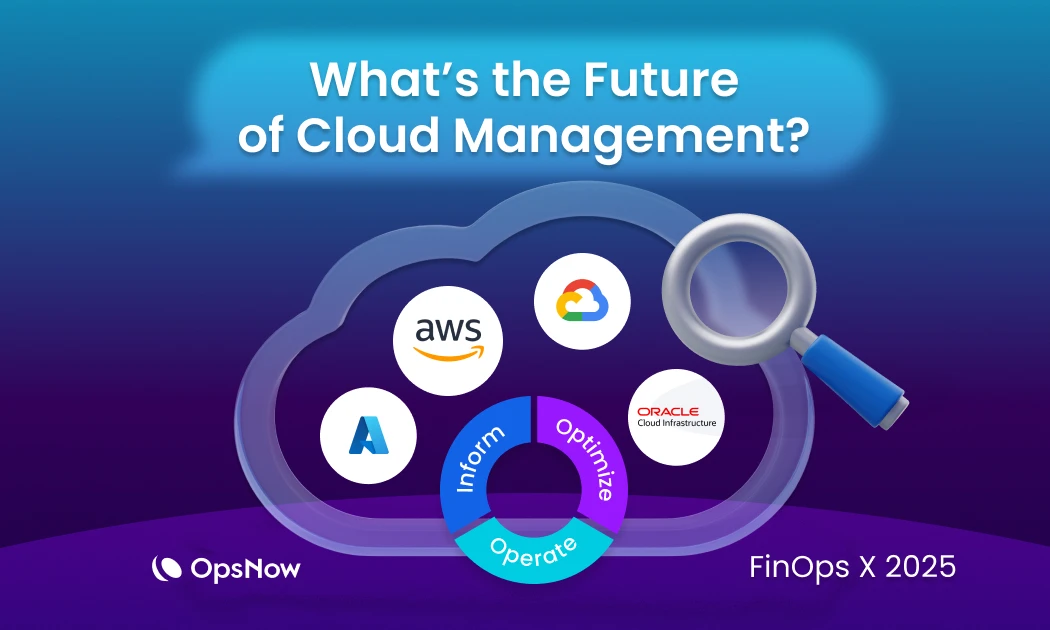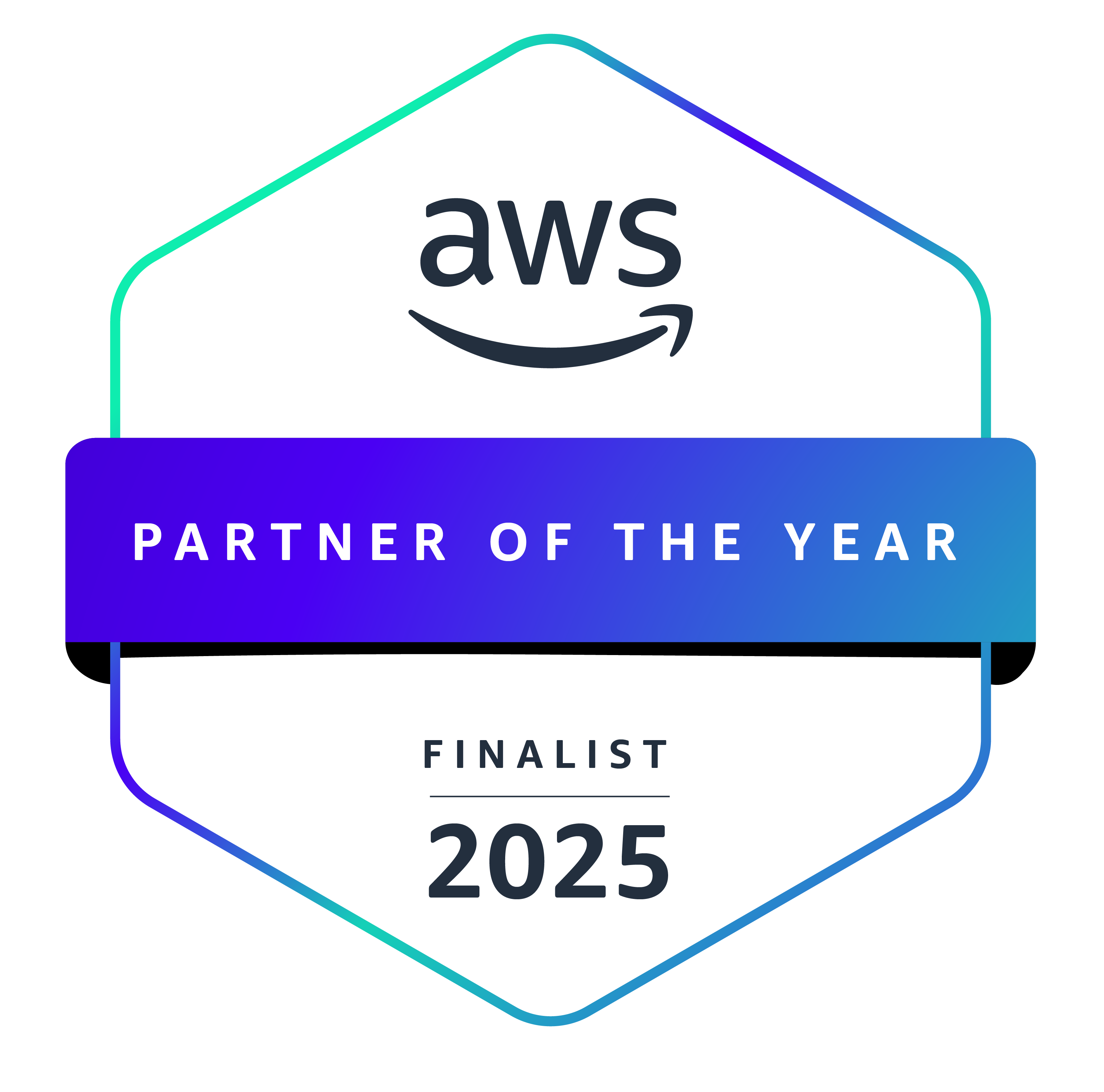
FinOps X 2025: What It Means for the Future of Cloud Management

Following the updates from FinOps X 2025 in San Diego, the four leading cloud providers —AWS, Microsoft Azure, Google Cloud, and Oracle Cloud Infrastructure— introduced a wave of innovations. Central to their announcements were two key themes, advancing AI-driven cost optimization and expanding support for FOCUS™ (FinOps Open Cost and Usage Specification), as a unified standard for cloud billing data. These developments signal important opportunities and shifts for users of cloud management platforms like OpsNow.
Key Insights from FinOps X 2025
Driving Change Through AI-Powered Cost Optimization
AWS introduced Q for Cost Optimization, a generative AI assistant that supports FinOps practitioners by delivering cost-saving recommendations. Google Cloud followed with the launch of FinOps Hub 2.0, powered by Gemini Cloud Assist, which is designed to detect waste and provide real-time insights into cloud usage and spending. Meanwhile, Microsoft Azure highlighted its focus on app modernization and operational efficiency through tools like GitHub Copilot and Azure AI Foundry Agent, demonstrating how AI can assist engineering teams in their day-to-day operations. Across all major providers, one trend is clear: AI is deeply embedded in FinOps workflows, dramatically improving speed, precision, and team productivity.
FOCUS™ as the Common Language of Cloud Costs
All four major cloud providers now support FOCUS™ 1.0, and we've officially established a unified commitment to a shared schema that simplifies billing integration and cost analysis across platforms. Notably, Google Cloud allows billing data to be exported to BigQuery in the FOCUS format at no additional storage cost, highlighting its strong push toward openness, standardization, and greater accessibility in cloud cost data.
A Step Toward Sustainable FinOps
Oracle Cloud introduced hourly carbon emissions reporting as part of its billing dashboard—paving the way for better visibility into cloud sustainability and ESG initiatives.
OpsNow and Its Relevance to FinOps X 2025
OpsNow, a specialized cloud management platform, is closely aligned with the key trends of FinOps X 2025: AI adoption, data standardization, and enhanced cost visibility.
AI Cost Optimization in OpsNow
OpsNow already integrates AI-powered recommendation features into its core services through capabilities such as AutoSavings, OpsNow Insight, AI Report & Advice, anomaly detection, and budget forecasting. As GenAI technology evolves, OpsNow is advancing in line with the strategic directions of AWS, Microsoft, and Google—aiming to deliver more context-aware, real-time insights.
Supporting the FOCUS™ Standard
OpsNow will soon be launching FOCUS™ support within the FinOps Plus dashboard, helping users consolidate multi-cloud billing data into a standardized view. This aligns with the industry-wide move toward interoperability and transparency in cloud cost analysis.
FinOps Hub-Like Experience for Users
The release of FinOps Hub 2.0 by Google Cloud highlights the need for a centralized, intelligent view of cloud spend. OpsNow’s dashboard can continue to evolve in this direction—enhancing real-time visibility, team collaboration, and actionable insights through AI.
Exploring ESG and Carbon Visibility
Oracle’s update reinforces the role of FinOps in sustainability reporting. While currently available in Korea, OpsNow ESG could be expanded globally to support carbon emissions tracking across multi-cloud environments—empowering companies to align FinOps with ESG goals.
Conclusion
FinOps X 2025 marks a major transformation in cloud management.The approach is evolving from being reactive to proactive, from manual processes to automation, and from fragmented to standardized systems. For OpsNow, this is an opportunity to solidify its position as a unified FinOps platform that not only monitors costs but also drives smart, data-driven actions. As part of its commitment to staying ahead of technological advancements, OpsNow will continue to evolve—adapting to innovation and helping organizations have greater value from their cloud.
Curious about how OpsNow can transform FinOps? Explore FinOps Plus and start your cloud optimization journey today.




